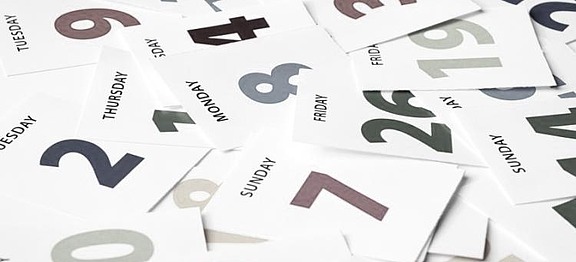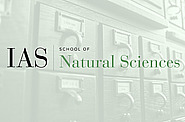
Astrophysics Calendar
The calendar is a collection of events hosted by The Institute for Advanced Study, Princeton University, and other local institutions and groups focused on Astrophysics and Astronomy. Emails are sent out every Friday with the calendar for the upcoming week and daily emails are sent with each days events. If you are interested in being added to the calendar distribution list, please contact Amanda Cenker, Academic Assistant at IAS.
Apr
28
2025
Institute for Advanced Study/Princeton University Early Universe/Cosmology Lunch Discussion
Recent Progress on Galaxy–Halo Connection
12:30pm|IAS, Rubenstein Commons Rm 1 or Zoom
Apr
28
2025
Princeton University Gravity Initiative Spring Seminar Series
Decay for Massless Vlasov Fields on Schwarzschild Spacetimes - A Hamiltonian Approach
Renato Velozo Ruiz
12:30pm|Jadwin Hall, Princeton Gravity Initiative, 4th Floor
Apr
29
2025
Institute for Advanced Study / Princeton University Joint Astrophysics Colloquium
The Dragonfly Project: From Diffuse Galaxies to the Cosmic Web
Pieter van Dokkum
11:00am|Peyton Hall, Auditorium, Princeton University
Apr
29
2025
Institute for Advanced Study / Princeton University Bahcall Lunch
12:30pm|PU, Lewis Library Treehouse
Apr
29
2025
Princeton University Survey Science Discussion
Multi-resolution joint analysis of ground and space-based imaging: from improved Rubin/Euclid galaxy catalogs to the study of rare transients
Charlotte Ward
2:00pm|Zoom and Peyton 025
Apr
29
2025
Princeton Center for Heliophysics Seminar
Exploring interplanetary shocks with Solar Orbiter
Andrew Dimmock
2:00pm|Virtual Meeting
Apr
29
2025
Rutgers University Astrophysics Seminar
Unveiling the Intrinsic Mass Step of Type Ia Supernovae
Matthew Grayling
2:00pm|Serin Hall Rm 401W, Rutgers and Zoom
Apr
29
2025
Princeton University Dark Cosmos Seminar
When Stars Explode: New Physics in Supernovae
Claudio Andrea Manzari
4:00pm|Jadwin Hall, Joe Henry Room
Apr
30
2025
University of Pennsylvania Astrophysics Seminar
Formation and Evolution of Brightest Cluster Galaxies: Nature vs Nurture?
3:30pm|U.Penn, David Rittenhouse Laboratory, 4E19
May
01
2025
Institute for Advanced Study Astrophysics Seminar
TBA
Anatoly Spitkovsky
11:00am|Bloomberg Lecture Hall

